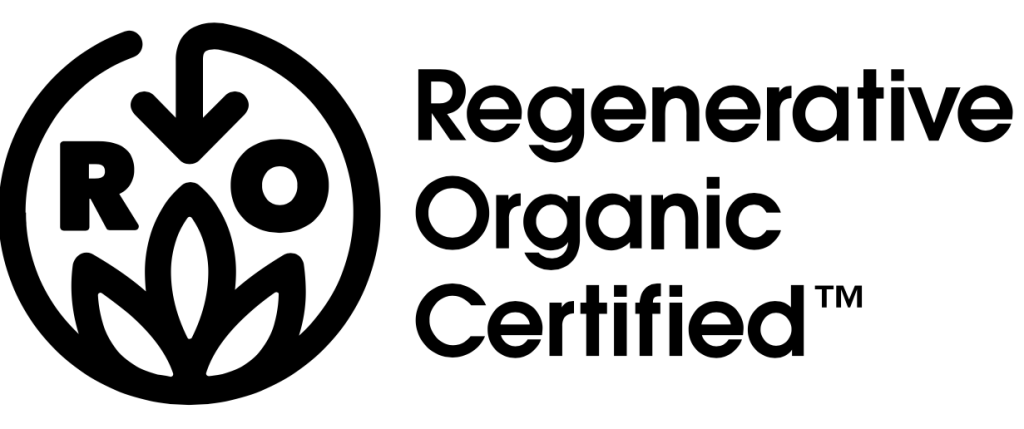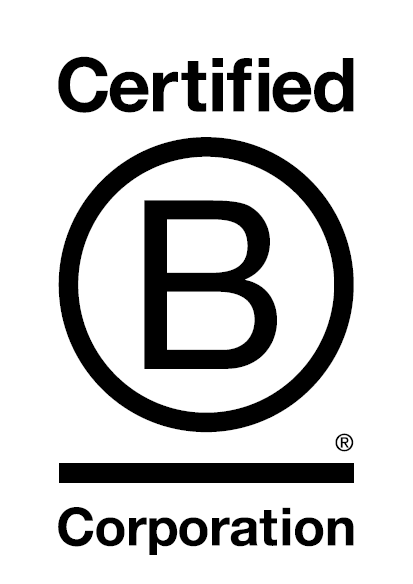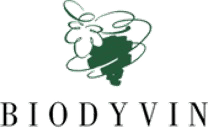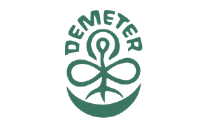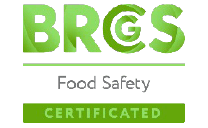Certifications & IDENTIFICATION

USTAINABLE
Aims to reduce environmental degradation by reducing use of chemicals, encouraging biodiversity and a healthy soil.
Sustainability means acting as a steward for future generations, seeing the land as a resource that must be replenished rather than overused.
More flexible in the vineyard and winery than organics or biodynamics, it denotes a less stringent approach. Chemicals can be used in a pinch. Because it takes economic sustainability into account.
More recently, the term has expanded in meaning to include social and economic impact – a holistic view that also looks at working conditions, community involvement, packaging, transportation and consumer education such as moderation campaigns.
KEY CERTIFICATIONS
A Fair for Life label means the wine producer follows good environmental, economic, and social practices. They farm sustainably, foster biodiversity, offer fair working conditions and contribute to the greater good of the local community. Every step of the supply chain is covered, from contract grape growers to transportation. Certifies the winery.
The California-based Regenerative Organic Alliance has adopted USDA Organic standards as a baseline. ROC™ requires certification in three areas: soil health and land management, animal welfare, and farmer and worker fairness.
B Corp Certification is a designation that a business is meeting high standards of verified performance, accountability, and transparency on factors from employee benefits and charitable giving to supply chain practices and input materials. In order to achieve certification, a company must:
- Demonstrate high social and environmental performance by achieving a B Impact Assessment score of 80 or above and passing our risk review. Multinational corporations must also meet baseline requirement standards.
- Make a legal commitment by changing their corporate governance structure to be accountable to all stakeholders, not just shareholders, and achieve benefit corporation status if available in their jurisdiction.
- Exhibit transparency by allowing information about their performance measured against B Lab’s standards to be publicly available on their B Corp profile on B Lab’s website.

RGANIC
No man-made chemicals vs. just minimizing use as with sustainability. All additives are organic, in the vineyard and at the winery (fining products, yeast, etc.). Grapes are grown organically and there are no-GMOs.
Because of differing regulations in the U.S. and EU concerning sulfites, EU wines labeled “organic” in the EU may have to state “made with organic grapes” when sold in the U.S.
KEY CERTIFICATIONS
Established in France in 1991, Ecocert has become one of the largest organic certification organizations in the world. Today it works with many industries and has expanded its role to help companies achieve fair trade standards and certification from over 150 entities, including USDA Organic, Fair for Life, Organic Agriculture Europe, etc. Certifies the individual product.
Established in France in 1991, Ecocert has become one of the largest organic certification organizations in the world. Today it works with many industries and has expanded its role to help companies achieve fair trade standards and certification from over 150 entities, including USDA Organic, Fair for Life, Organic Agriculture Europe, etc. Certifies the individual product.

IODYNAMIC
Combines the methods of organic agriculture (no man-made chemicals, no pesticides) with a philosophy where the land is part of the cosmos, influenced by tides, the moon, and stars.
Activities are planned according to the phases of the moon and time of day – there are root, leaf, flower and fruit days and hours.
The emphasis is on prevention of “illness” by making vines naturally more resistant to disease. Homeopathic infusions from plants and dung compost are the “foods” used to nurture the plants. Though quite spiritual in basis, winegrowers around the world see this agricultural method as producing not only healthier soil, but fruit with thicker skins, plants with stronger wood, and earlier ripening.
The world of biodynamics is dominated by two major entities who certify internationally:
(Syndicat International des Vignerons en Culture Bio-Dyanimique): Founded in 1995 in France, the organization certifies wine growers only. It currently numbers around 150 members, including some in Germany, Italy, Spain, and Switzerland. As of 2019, the president is Olivier Humbrecht of the famous Domaine Zind-Humbrecht estate in Alsace.
Named for the Greek goddess of agriculture, Demeter is the global powerhouse in the world of biodynamic product certification — and not just wine. Under its not-for-profit umbrella, the Biodynamic Federation Demeter International (BFDI), includes member organizations representing more than 6,500 farmers in 65 countries (as of 2021).
In 36 of these countries, farmers have formed local offshoots, such as Demeter USA. Demeter certifies the products, not the producer, so a winery could be making both biodynamic and organic wine in its fields and facilities. Demeter guidelines cover both viticulture and vinification.

ditional
Kosher wine is a grape wine that is produced according to Judaism’s religious and dietary laws. In order for a wine to be kosher, it must be created under a rabbi’s immediate supervision, with only Sabbath-observant Jewish males touching the grapes from the crushing phase through the bottling.
Kosher-for-Passover wines must be made in a cellar that’s free of bread, dough, or grain products, or, perhaps most importantly, leavening agents (such as any non-kosher non-indigenous yeasts, which are often added in wineries to kickstart fermentation.
BRCGS (British Retail Consortium Global Standard) is a scheme designed to harmonize food safety standards across the supply chain. Today, it is globally recognized across food and non-food industries as one of the most rigorous third-party certifications available.
BRCGS certification is often a fundamental requirement of leading retailers, manufacturers, and food service organizations. By achieving BRCGS certification, you communicate to your customers that your products are safe, legal, and of high quality.


